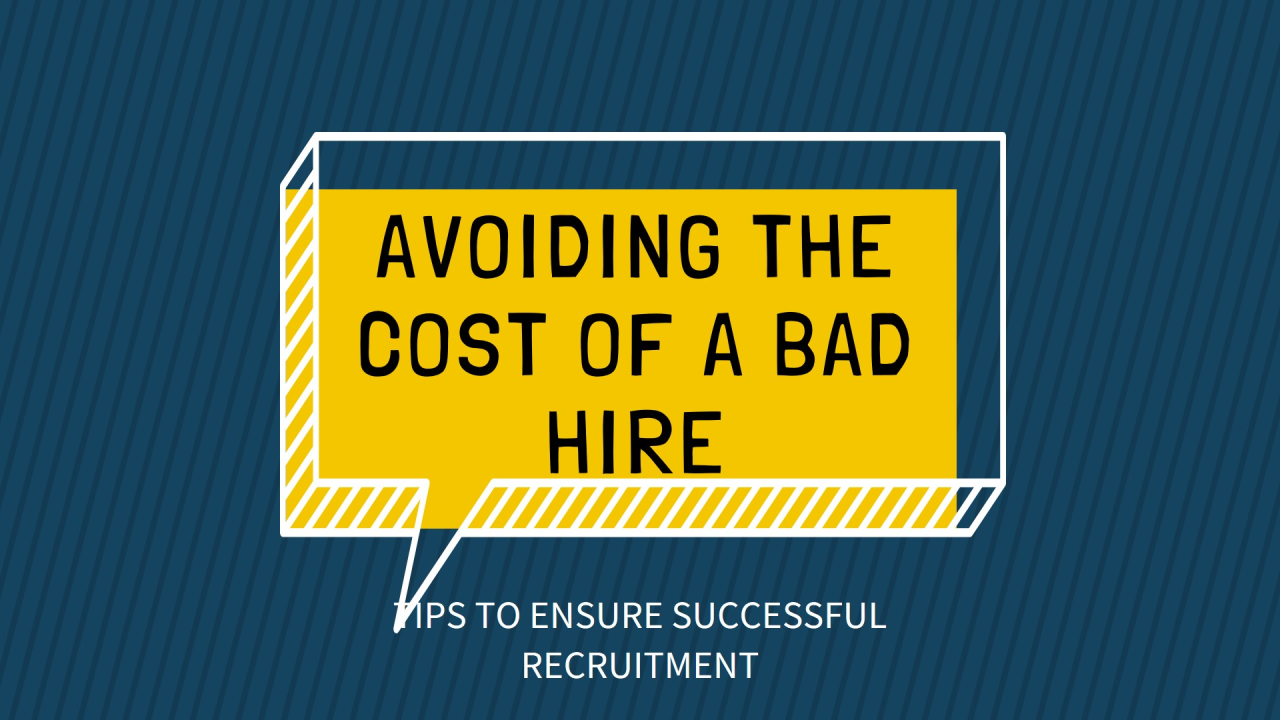Introduction to blockchain technology
Blockchain technology has emerged as a revolutionary innovation that has the potential to transform various industries. Initially introduced as the underlying technology for cryptocurrencies like Bitcoin, blockchain has now expanded its reach beyond digital currencies. One area where blockchain is making a significant impact is in background checks. In this article, we will explore how blockchain technology can enhance security and trust in background checks, the benefits it brings to the process, and the potential future trends it may introduce.
How blockchain technology can enhance security and trust
Unlike traditional databases, blockchain stores information in a distributed network of computers or nodes. Each new transaction or piece of data is added to the chain as a new block, creating a chronological and transparent record. This decentralized nature ensures that no single party has complete control over the data, making it more resistant to manipulation or fraud.
In the context of background checks, blockchain can enhance security and trust by providing a tamper-proof and auditable record of an individual’s credentials and qualifications. By storing verified information on the blockchain, employers and other relevant parties can easily verify the authenticity of documents, certifications, and other credentials. This reduces the risk of hiring individuals with false or exaggerated qualifications, ultimately improving the overall credibility and reliability of background checks.
Benefits of using blockchain technology in background checks
Firstly, it streamlines the verification process, reducing the time and effort required to verify an individual’s credentials. Traditionally, background checks involve contacting various institutions, such as universities or previous employers, to verify the accuracy of documents. This process can be time-consuming and prone to errors. With blockchain, verified credentials are stored in a single, easily accessible location, eliminating the need for manual verification and reducing the chances of human error.
Secondly, blockchain enhances data privacy and security. Personal information is securely stored on the blockchain, protected by advanced cryptographic algorithms. This ensures that sensitive data, such as social security numbers or financial records, is kept confidential and cannot be easily accessed or tampered with. The transparency of blockchain also allows individuals to have greater control over their own data, deciding who can access it and for what purpose.
The decentralized and immutable nature of blockchain ensures that the information stored cannot be altered or manipulated without leaving a trace. This makes it more difficult for individuals to falsify their credentials or for malicious actors to tamper with the data. Employers can have greater confidence in the authenticity of an individual’s background, reducing the risk of making a poor hiring decision or falling victim to fraudulent activities.
Understanding background checks
Background checks are a crucial part of the hiring process, helping employers make informed decisions about potential candidates. These checks typically involve verifying an individual’s employment history, educational qualifications, criminal records, and other relevant information. The goal is to ensure that the person being considered for a position is trustworthy, qualified, and suitable for the role. The traditional process of conducting background checks can be time-consuming and labor-intensive, often relying on manual verification and communication with different sources of information.
Real-world examples of blockchain-based background check solutions
Numerous companies and organizations have already started leveraging blockchain technology to improve the efficiency and reliability of background checks. For instance, the Massachusetts Institute of Technology (MIT) has developed a platform called Blockcerts, which allows individuals to store and share their academic credentials securely. This eliminates the need for paper certificates and simplifies the verification process for employers.
Future trends and the potential impact of blockchain on background checks
As technology continues to evolve, there are several potential future trends that could further enhance the role of blockchain in background checks. One such trend is the integration of smart contracts with blockchain-based background verification systems. Smart contracts are self-executing contracts with the terms of the agreement directly written into the code. By incorporating smart contracts into background checks, the verification process can be automated, reducing the need for manual intervention and improving efficiency.
Another trend is the use of decentralized identity solutions. Decentralized identity allows individuals to have control over their own identity information, storing it securely on the blockchain. This empowers individuals to selectively share their personal information with different parties, such as employers, while maintaining their privacy and reducing the risk of identity theft.
Stay ahead of the curve and leverage the benefits of blockchain technology in background checks using HireShield’s thorough and instant process. By embracing this innovative technology, you can enhance the security and trust in your background checks, ultimately improving the quality of your hiring decisions.



